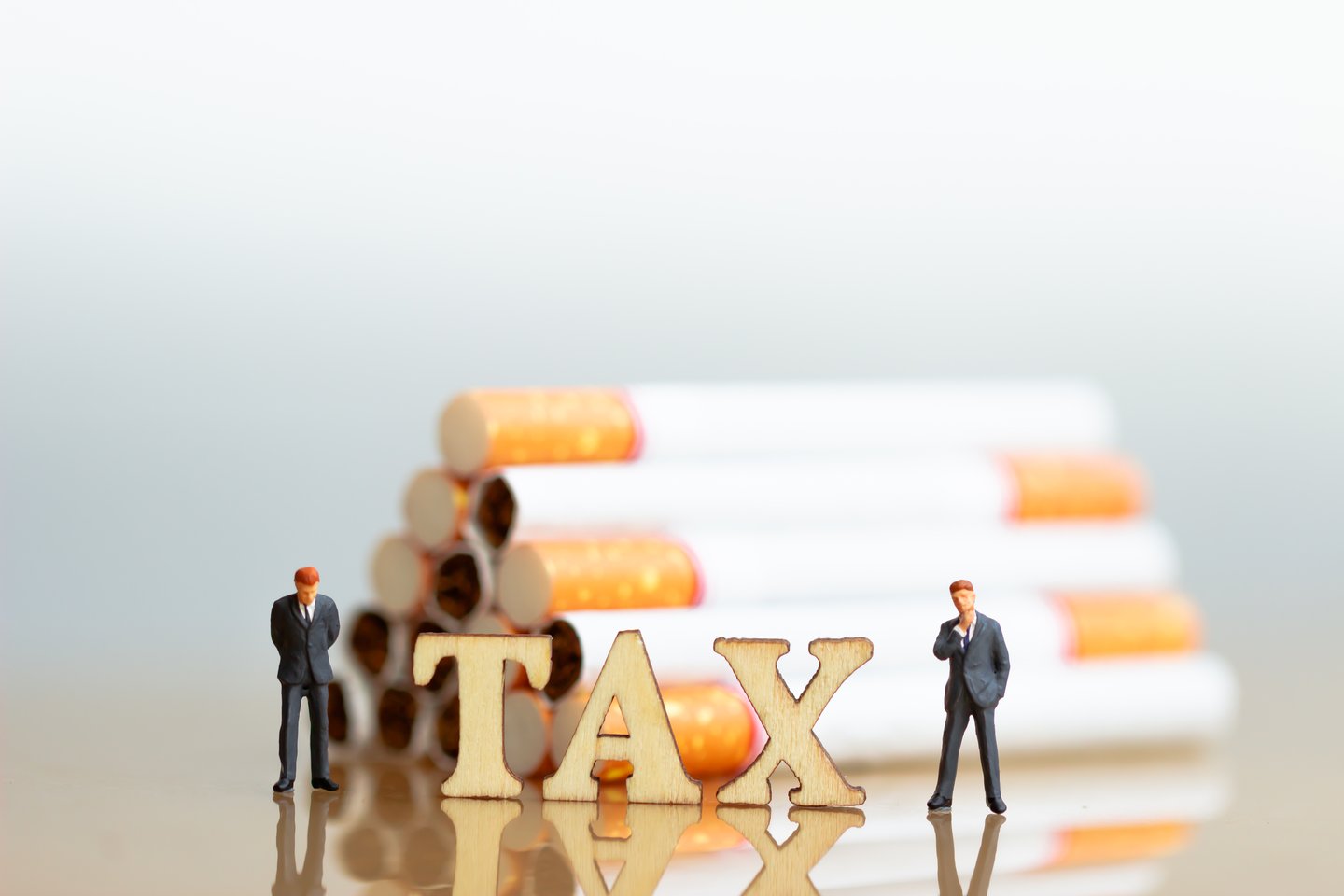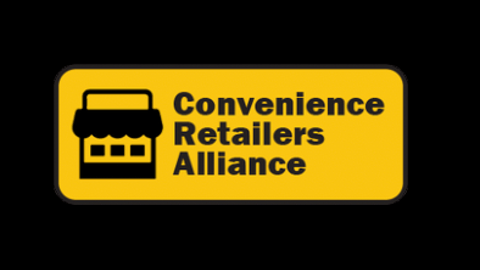While Fed’s pitch latest budget as fair, others have concerns over tobacco tax
The day after the federal government introduced its 2024 Budget, the Convenience Industry Council of Canada (CICC) is expressing worries that the new tobacco and vaping taxes will drive more Canadians to the illegal tobacco market and that other continuing c-store issues continue to be ignored.
In the budget the federal government is increasing the tobacco excise duty rate by $4 per carton of 200 cigarettes (i.e., for a total of $5.49 including the automatic inflationary adjustment of $1.49 per carton of 200 cigarettes that took effect on April 1, 2024), along with corresponding increases to the excise duty rates for other tobacco products.
Inventories of cigarettes held by certain manufacturers, importers, wholesalers and retailers at the beginning of the day after Budget Day would be subject to an inventory tax of $0.02 per cigarette (subject to certain exemptions) to account for the $4 increase. Taxpayers would have until June 30, 2024 to file a return and pay the cigarette inventory tax.
The new taxes on tobacco and vaping products were applauded by Physicians for a Smoke-Free Canada and the Canadian Cancer Society (CSS).
"Increasing tobacco taxes is the most effective strategy to reduce smoking, especially among youth," said Rob Cunningham, senior policy analyst, with the CCS. "We applaud the tobacco tax increase in the budget. Every increase makes a difference to reduce tobacco use, the leading preventable cause of disease and death in Canada, including about 30% of all cancer deaths. The tobacco tax increase is a win-win, improving both public health and public revenue. The tax increase for e-cigarettes will help prevent youth vaping," adds Cunningham. "While we have made progress to reduce youth smoking, we now have a new generation of youth becoming addicted to nicotine through e-cigarettes, something that should not be happening."
Not everyone is so sure about this. Once the Budget 2024 was presented the Convenience Industry Council of Canada released a statement criticizing the tax increase on tobacco and vaping products:
“Budget 2024 is a missed opportunity to address core issues impacting small businesses that will further enhance the negative economic ripple effect that is impacting the well-being of Canadian communities,” wrote Anne Kothawala, president and CEO of the Convenience Industry Council of Canada (CICC). “We are not asking the government to guarantee the profitability of our member businesses, but it is creating conditions that will drive more stores and gas stations to close. While government thinks that raising taxes on tobacco and vape products will generate revenue, the reality is that this measure will do nothing more than supercharge the contraband tobacco and nicotine product market, which currently costs the government over $2 billion in uncollected taxes. Government continues to miss the point on this issue - further increasing taxes will result in more Canadians turning to the illicit market where anyone at any age can purchase illegal products at significantly cheaper prices than in the legal market. Continued inaction on the growing illicit market will contravene the government’s overall public health objective of restricting youth access as illicit products are more accessible, often at the click of a mouse, with no age restrictions.”
Along with not addressing the ongoing issue of contraband tobacco that the CICC says continues to impact c-stores and communities, the organization representing more than 22,500 convenience store employees also took the government to task for continuing to ignore the problem of credit card fees.
READ: What governments conveniently forget
“The government is aware that the second-largest cost to Canada’s convenience retailers behind payroll is credit card fees. Despite this enormous expenditure for local businesses, the government continues its path of inaction while completely ignoring a previous election platform commitment to address this critical issue that impacts the bottom line of 22,500 stores across Canada,” Kothawala added. “The reality is that it costs Canada’s c-store retailers to be tax collectors for government. In 2022, 48 cents of every dollar spent at a convenience store was tax, which translates into an average of $30,000 in fees per store to collect $10.4 billion in taxes for the federal government alone. This is an issue that is core to the very livelihood of small businesses and the health of Canadian communities. Amazon won’t deliver the gas to fill up your car or send you a litre of milk at 11 pm. It’s unfortunate to see concerns from local businesses like convenience stores - which contribute billions to the country’s economy and employ 193,000 Canadians - be routinely ignored by this government.”




